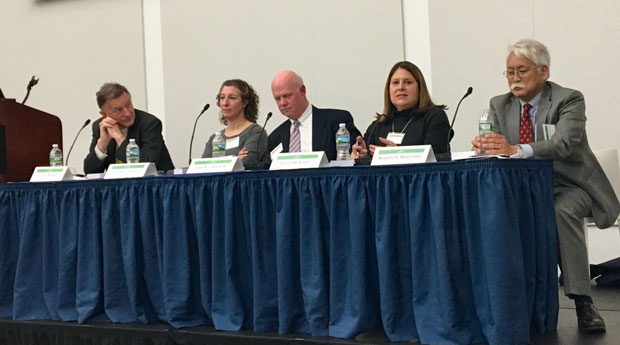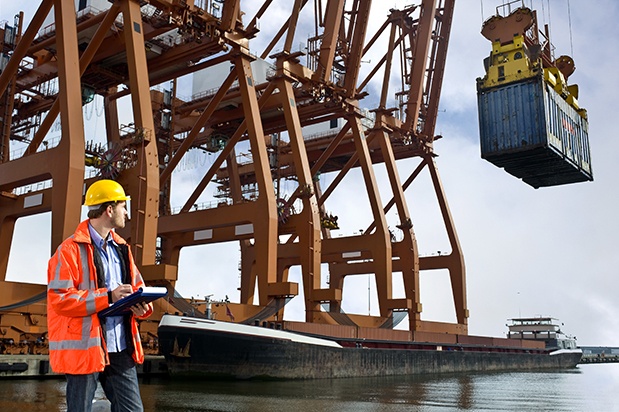Summary: In response to an investigation surrounding China’s failure to protect intellectual property and forced technology transfers, the Office of the United States Trade Representative (USTR) announced on April 3, 2018, its list of products for imposition of a proposed 25 percent ad valorem duty. The list, covering 1,300 tariff lines, is intended to be applied to about $50 billion worth of Chinese goods said to benefit from Beijing’s “made in China 2025” industrial policy. The list, which is provided in the Notice of Determination and Request for Public Comment in Resource # 1 below, covers a broad range of products including semiconductors, engines, agricultural and textile machinery, batteries, tires, “industrial robots,” medical products and instruments used in aeronautical and space navigation.
China’s cabinet, the State Council, immediately announced that China will retaliate with tariffs covering 105 categories of products affecting $50 billion of Chinese imports of U.S. products to match the U.S. proposal. Beijing has targeted the largest American exports – including sorghum and beef – but has also targeted products in the U.S. Farm Belt as well as autos and airplanes.
Neither the U.S. nor Chinese tariffs take effect immediately. Chinese officials said that they are watching how the U.S. implements its program.
Comments and Opportunity to be heard: USTR has announced that public comments on the recommended tariffs are due May 11. The Section 301 Committee will hold a public hearing on May 15. Post-hearing comments are due May 22.
If you import a product on the list, you may wish to submit comments and/ or even testify at a public hearing. Even if you are indirectly affected by the tariffs, you may wish to comment or testify. The tariffs could make equipment and inputs that you rely upon more expensive.
Resources:
- Notice of Determination and Request for Public Comment Concerning Proposed Determination of Action Pursuant to Section 301: China’s Acts, Policies, and Practices Related to Technology Transfer, Intellectual Property, and Innovation – https://www.wsj.com/public/resources/documents/USTRlistofproducts04032018.pdf
- S. Trade Representative Report “Findings of the Investigation Into China’s Acts, Policies and Practices Related to Technology Transfer, Intellectual Property, and Innovation under Section 301 of the Trade Act of 1974 – https://ustr.gov/sites/default/files/Section%20301%20FINAL.PDF
- Section 301 Fact Sheet – https://ustr.gov/sites/default/files/USTR%20301%20Fact%20Sheet.pdf
Questions: Please contact Evelyn Suarez at esuarez@suarezfirm.com or 202.552.0310 if you have questions regarding coverage or need assistance in submitting comments or wish to testify.



